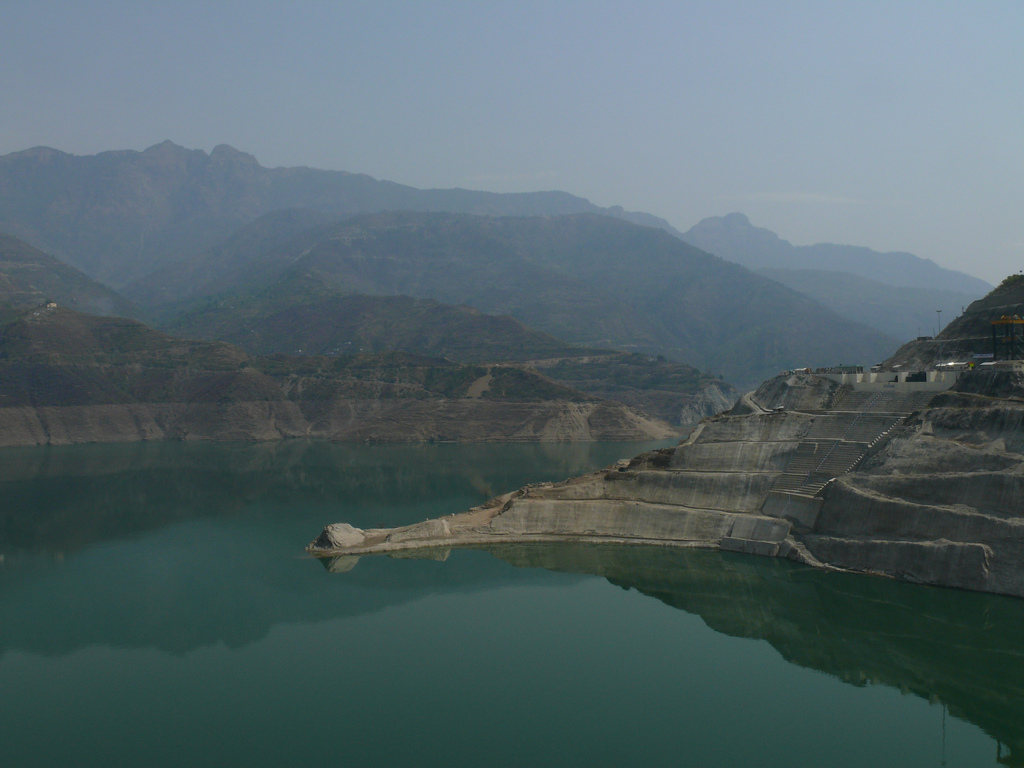ADB Funds $126M Project for Climate-Resilient Tourism at Tehri Lake, Uttarakhand
Situated in the Tehri Garhwal District, the project targets an area highly susceptible to natural hazards such as droughts, floods, landslides, and forest fires.

- Country:
- India
The Asian Development Bank (ADB) has approved a major financial package—including a $126.42 million loan and $1 million in technical assistance—to launch an ambitious rural development initiative centered on sustainable, inclusive, and climate-resilient tourism in the Tehri Lake area of Uttarakhand, India. This marks a significant milestone for one of the country’s most climate-vulnerable and economically challenged hill regions, offering a model for future tourism development across South Asia.
A Strategic Boost for Tehri Garhwal’s Rural Economy
Situated in the Tehri Garhwal District, the project targets an area highly susceptible to natural hazards such as droughts, floods, landslides, and forest fires. The region has also faced high out-migration, driven by limited livelihood opportunities, while at the same time experiencing surges in tourist arrivals that strain local infrastructure and the environment.
The new project, Sustainable, Inclusive, and Climate-Resilient Tourism Development at Tehri Lake Area, is in line with ADB’s Country Partnership Strategy 2023–2027 for India. The strategy prioritizes rural transformation through tourism, private sector engagement, and building resilient infrastructure and services tailored to the unique risks and opportunities of the region.
Multisectoral and Inclusive Approach
According to Mio Oka, ADB’s Country Director for India, “ADB is proud to support this transformative project, which showcases a model for sustainable tourism centered around a hydropower lake. The project aims to benefit more than 87,000 residents and 2.7 million visitors annually through improved tourism planning, new visitor facilities, upgraded sanitation and solid waste management, and disaster preparedness.”
The project will employ a comprehensive, multisector approach, including:
-
Institutional Strengthening: Supporting local government and tourism authorities with better planning and management tools for sustainable growth and resilience.
-
Enabling Infrastructure: Upgrading transport, water supply, sanitation, solid waste management, and recreational amenities to cater to both local communities and tourists while minimizing environmental impact.
-
Nature-Based Solutions: Implementing green infrastructure and reforestation to reduce risks from landslides and flooding, while preserving local ecosystems.
-
Livelihood and Private Sector Development: Launching a livelihood matching grant program aimed at women, youth, and micro, small, and medium-sized enterprises (MSMEs) to promote local entrepreneurship and diversify income sources.
-
Universal Access and Inclusivity: Ensuring new tourism sites and facilities are accessible to all, including people with disabilities.
-
Disaster Risk Management: Establishing a women-led disaster risk management program in villages most exposed to landslides, drought, and fire, empowering communities to prepare for and respond to emergencies.
Empowering Women and Youth
A core element of the project is social inclusion—especially the empowerment of women and youth. Women will play a lead role in the disaster risk management program, and specific grant funding will support women- and youth-led tourism businesses. This approach is designed to counter out-migration and build stronger, more resilient communities.
Anticipated Impact
With the anticipated 2.7 million visitors annually, the project is expected to boost local economies, provide new employment and entrepreneurship opportunities, and create a robust foundation for climate-resilient growth in one of India’s most fragile regions.
Upgrades to infrastructure and services—particularly in waste management and sanitation—will not only improve tourist experience but also significantly benefit the 87,000+ residents who rely on these essential services year-round.
A Model for Sustainable Mountain Tourism
The ADB-supported Tehri Lake project is being closely watched as a model for sustainable tourism development in similar mountainous and climate-sensitive areas across India and beyond. By integrating rural livelihoods, disaster resilience, gender inclusion, and nature-based solutions, the project seeks to balance tourism growth with environmental stewardship and community well-being.
Looking Ahead
As climate and economic challenges intensify for mountain regions worldwide, the Tehri Lake initiative could serve as a blueprint for future development efforts—demonstrating that with the right partnerships, funding, and inclusive strategies, tourism can become a powerful engine for both climate resilience and sustainable rural prosperity.
ALSO READ
Mallikarjun Kharge raises Pahalgam terror attack in RS, terms US President's claim of mediation between India-Pakistan 'humiliating'.
L&T to Revolutionize Energy with India's Largest Green Hydrogen Plant
L&T Unveils India's Largest Green Hydrogen Plant at Panipat
Chess Titans: Aronian Triumphs, India's Arjun and Praggnanandhaa Shine
Meghalaya: Blueprint for a Self-Reliant India










